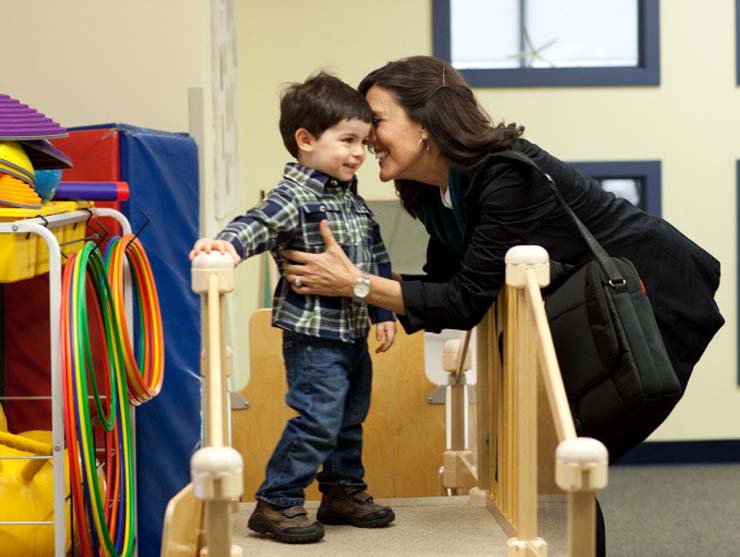Many of us view our family pediatrician as a long-term partner in caring for our children, from birth through adolescence. In addition to providing routine medical care, and treating illness and injuries, pediatricians provide guidance in a wide variety of related areas. We often turn to pediatricians for advice when our infant doesnt sleep, our toddler bites her friends, our preschool child becomes a picky eater, or our teenager is moody. Whether were first becoming parents, moving to a new area or changing our health insurance provider, selecting a pediatrician requires thought and research.
How to Find a Pediatrician
- Start by seeking referrals from people you respect. Approach friends, family, neighbors, and your obstetrician or midwife; ask people who are aware of your style, values, and culture when choosing a pediatrician.
- Check with your health insurance or managed care organization for a list of pediatricians covered by your plan.
- List the factors that are most important to you and your parenting partner (if applicable). Discuss personal pediatrician preferences, such as the gender and age of the doctor, languages spoken, office location, hospital affiliations, type of practice (group or a single practitioner), and office hours (working parents often desire evening or weekend availability).
- Schedule a consultation to discuss background, philosophy, etc. Ask questions, and learn about the pediatric practice. Usually there is no cost for this initial visit.
- When visiting the doctors office for the first time, determine if it is welcoming, clean and child- friendly. Are there activities and toys for the children while in the waiting room?
Questions to Ask When Looking for a New Pediatrician
- When does the pediatrician first meet your child?
- How often should the pediatrician see your baby or child?
- What are the doctor offices policies on taking and returning phone calls?
- How are after hours illnesses or emergencies handled?
- What are the physicians beliefs about parenting practices? Are they aligned with your family?
- How does the physician support nervous parents or crying children?
- What are the fees for routine care, sick visits, and immunizations?
- What is the office policy regarding the processing of insurance forms?
- Does the practice use electronic medical records for health information?
Personal Questions to Reflect on When Choosing a Pediatrician
- Is this is a person you feel you can trust? Are you philosophically in tuned with the pediatrician regarding parenting practices, such as nutrition, sleeping arrangements, vaccinations, and schedules?
- Is the pediatrician someone that you can comfortably communicate with about any concerns you may have about your child?
- Does the pediatrician relate well to both you and your child? Although the fore mentioned might sound like a tall order, millions of families connect with medical providers that are a good match for their families.
- Do you feel welcome and comfortable in the doctors office and with the assistants and support staff?
There is no one size fits all when it comes to choosing a pediatrician. Deciding upon the best physician for your child is a personal decision for every family. Weigh these factors carefully in making the best choice for your child and family.
- Jessie learned its better not to trust "Dr. Google" - read this and other lessons she learned as a new mom on our blog.
- Get tips for determining whether a child has a common cold and when to call the doctor.
- "I need to find a new pediatrician. What should I look for?" Get and give advice in our online community.
- Many of todays parents may also be seeking doctor or care for the elderly. Get tips for caring for aging parents, including how to find an Advanced Health Care Directive for your state.





